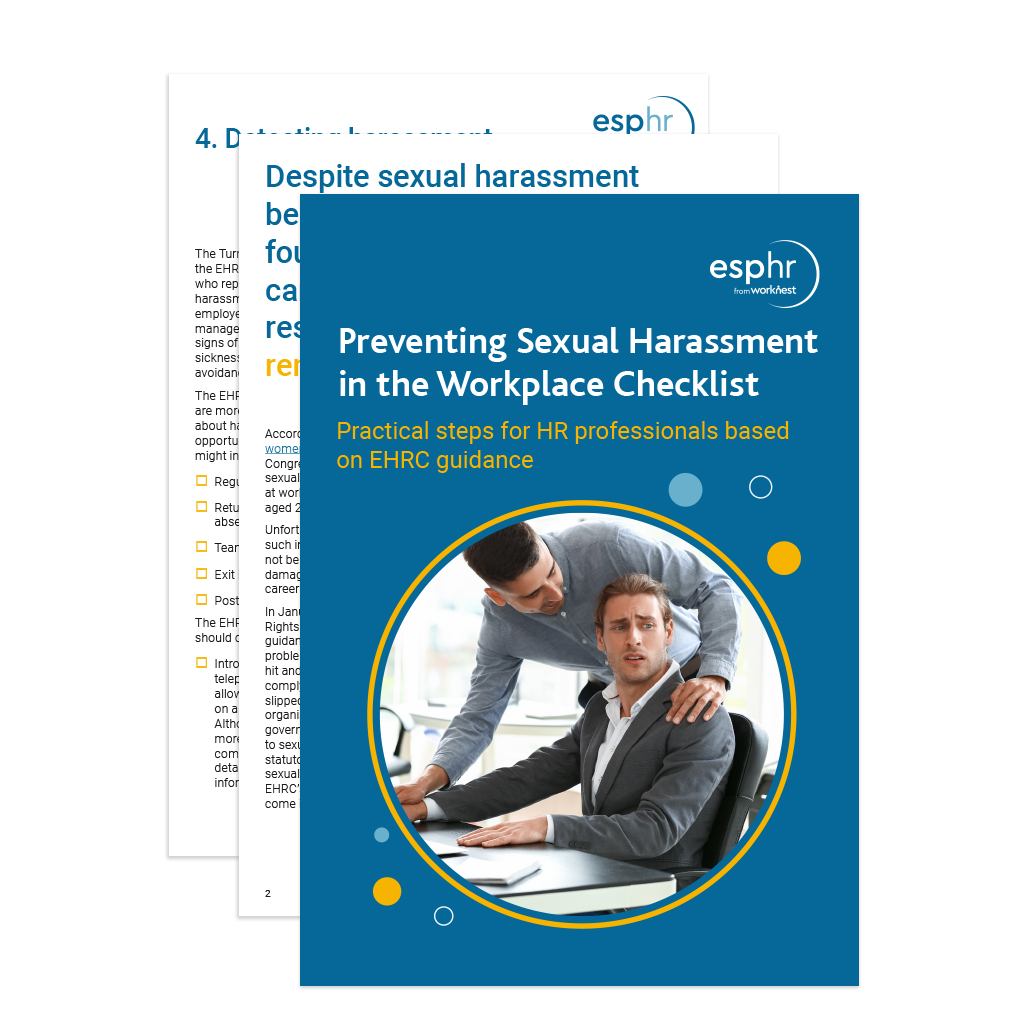Formal grievances at work can be both time-consuming and emotionally draining. While the grievance procedure is an essential safeguard for employees, frequent complaints can quickly become a distraction, consuming valuable time and energy that could be better spent on your organisation’s goals.
When grievances do arise, it’s often a signal that underlying issues have gone unchecked. The best approach, therefore, is to focus on prevention.
Understanding the causes of workplace grievances
Employee complaints often point to symptoms rather than root causes. In many cases, grievances stem from issues such as strained working relationships, lack of clarity around expectations, poor communication, or frustrations with leadership and culture.
Left unresolved, these problems can lead to disengagement, low morale, and ultimately formal complaints. Proactive action is key.
Proven strategies to prevent employee grievances
- Create a healthy working environment
The physical and emotional environments both matter. Overcrowded or stressful workplaces can heighten tensions, while a culture that supports wellbeing, fairness and open communication reduces the likelihood of conflict.
- Invest in management capability
Most grievances are linked to poor relationships or communication breakdowns. Developing strong people management skills – including empathy, fairness and conflict resolution – helps leaders resolve issues informally before they escalate.
- Foster a culture of openness and fairness
Employees should feel safe to voice their concerns without fear of retaliation. Establishing trust through consistent, transparent decision-making and open dialogue encourages staff to raise issues constructively.
- Communicate strategy and purpose clearly
Employees who understand their organisation’s direction and how their work contributes to wider goals are less likely to feel disconnected or undervalued. Regular communication from leadership helps maintain alignment and reduce frustration.
- Clarify roles and responsibilities
Unclear roles often lead to tension. Ensure each team member understands their remit, reporting lines, and authority. This clarity prevents overlap and reduces the potential for conflict.
- Maintain a fair and transparent grievance process
Employees need to know how to raise concerns and trust that the process is fair. A clear, consistent approach builds confidence and prevents minor issues from spiralling.
Can grievances be resolved informally?
Yes – many issues can be addressed before reaching a formal stage. Open discussions, mediation, and early intervention are often more effective and less adversarial than a full grievance process. ESP Solicitors’ experts can facilitate this through mediation support, providing neutral support to help rebuild relationships and restore team harmony.




